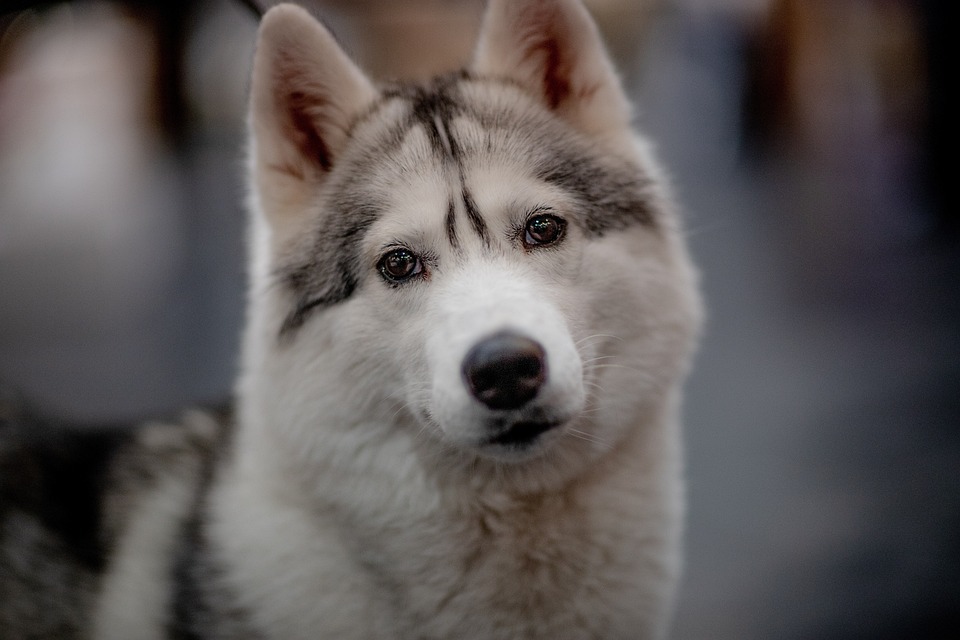As a dog owner, it can be concerning to witness your furry friend engaging in excessive licking or grooming behavior. While some grooming habits are normal, excessive licking can indicate an underlying issue that requires attention. In this article, we will delve into the reasons behind this behavior and provide practical tips to address it. Additionally, we will answer some frequently asked questions to help you better understand your dog’s behavior.
Understanding Excessive Licking or Grooming Behavior
Before delving into the solutions, it is crucial to understand what excessive licking or grooming behavior entails. Excessive licking refers to the persistent and repetitive act of a dog licking their body, objects, or even their owners. It goes beyond regular grooming and can be an indication of physical or psychological discomfort.
Common Causes of Excessive Licking or Grooming Behavior
1. Allergies and Skin Irritations: Dogs with allergies or skin irritations often resort to excessive licking as a way to soothe the discomfort. These allergies can be triggered by environmental factors, food, or even certain grooming products.
2. Anxiety and Stress: Dogs experiencing anxiety or stress may resort to excessive licking as a self-soothing mechanism. This behavior can manifest due to separation anxiety, changes in their environment, or traumatic experiences.
3. Pain or Discomfort: Dogs may lick excessively to relieve pain or discomfort caused by injuries, arthritis, dental problems, or other underlying health issues. It’s essential to rule out any medical causes before addressing the behavior.
4. Boredom or Lack of Mental Stimulation: Dogs require mental and physical stimulation to maintain their overall well-being. In the absence of adequate mental stimulation, some dogs may resort to excessive licking as a form of self-entertainment.
5. Obsessive-Compulsive Disorder (OCD): In some cases, excessive licking or grooming can be a symptom of OCD in dogs. OCD behaviors often manifest as repetitive and compulsive actions that dogs engage in to alleviate anxiety or stress.
Addressing Excessive Licking or Grooming Behavior: Practical Tips
1. Consult with a Veterinarian: If your dog’s excessive licking or grooming behavior is a recent development or significantly impacts their daily life, it’s crucial to seek advice from a veterinarian. They can help identify any underlying medical conditions and recommend appropriate treatment.
2. Identify and Address Allergies: Allergies can trigger excessive licking, so it’s important to identify and eliminate potential allergens from your dog’s environment. Consult with a veterinarian to conduct allergy tests and determine the best course of action, which may include dietary changes or hypoallergenic grooming products.
3. Provide Mental and Physical Stimulation: Engaging your dog in regular physical exercise and providing mental stimulation through interactive toys, puzzle games, or obedience training can help alleviate boredom or stress, reducing the likelihood of excessive licking.
4. Implement Behavior Modification Techniques: For dogs with anxiety or OCD-related licking, behavior modification techniques can be helpful. Techniques such as positive reinforcement, desensitization, and counter-conditioning can redirect their attention and reward calm behavior.
5. Use Deterrents: In cases where excessive licking is localized to specific areas, using deterrents like bitter-tasting sprays or applying barriers can discourage the behavior. Always ensure these deterrents are safe and recommended by a veterinarian.
FAQs: Frequently Asked Questions
1. Is excessive licking always a sign of a medical issue?
Excessive licking can stem from both medical and non-medical causes. It is essential to consult with a veterinarian to rule out any underlying medical conditions before addressing the behavior.
2. Can excessive licking cause health problems for my dog?
Excessive licking can lead to skin irritations, hot spots, hair loss, or the development of secondary infections. Identifying and addressing the root cause of the behavior is key to preventing potential health problems.
3. Should I punish my dog for excessive licking?
Punishment is not recommended as it can create fear or anxiety, exacerbating the underlying causes of excessive licking. Instead, focus on positive reinforcement and behavior modification techniques to redirect the behavior.
4. Can dietary changes help reduce excessive licking?
In some cases, dietary changes may be recommended to address underlying allergies or sensitivities that contribute to excessive licking. Consulting with a veterinarian is crucial to determine the appropriate dietary adjustments.
Remember, every dog is unique, and finding the right approach to address excessive licking or grooming behavior may take time and patience. By understanding the root causes and implementing appropriate strategies, you can help your furry friend lead a happier and healthier life.









